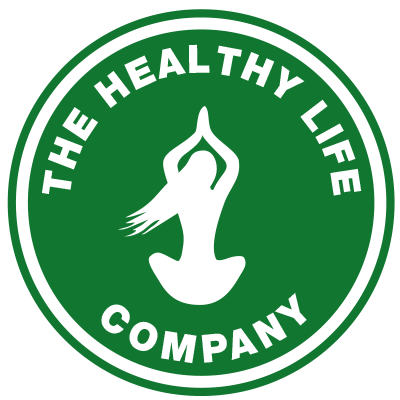Just One Coke
Its not man-made and its not natural. Its not a fad anymore, its a sort of culture now. It is a chemical concoction with billions of loyal followers. We call it pop!
So, what exactly happens to us when we drink pop?
They associate their products with sports, suggesting it is ok to consume their drinks as long as you exercise. However, science tells us this is misleading and wrong. It is where the calories come from that is crucial. Sugar calories promote fat storage and hunger. Fat calories induce fullness or satiation.
Here’s what happens after you drink a Coke:
In the first 10 minutes: Ten teaspoons of sugar (100 percent of your recommended daily intake) hits your system.
In 20 minutes: Your blood sugar spikes and causes a burst of insulin. Your liver responds by turning the sugar it comes into contact with into fat.
In 40 minutes: Your body has absorbed the soda’s caffeine. Your pupils may dilate, your blood pressure rises, and your liver “dumps more sugar into your bloodstream.” The adenosine receptors in your brain are blocked to prevent you from feeling drowsy.
In 45 minutes: Your body increases production of the pleasure neurotransmitter dopamine.
In 60 minutes: The soda’s phosphoric acid binds with calcium, magnesium, and zinc in your lower intestine to give you a further boost in metabolism. This is intensified by the high doses of sugar and artificial sweeteners that also cause you to urinate out calcium.
After 60 minutes: The caffeine’s diuretic effect makes you have to pee. When you do, you’ll pass on the bonded calcium, magnesium, and zinc that were headed to your bones, as well as sodium, electrolytes, and water.
Then a sugar crash begins, and you may become irritable and sluggish. You’ve now urinated out all of the water that was in the Coke, along with the nutrients that the phosphoric acid bonded to in your body that would have hydrated you or gone on to build strong bones and teeth.
So why do we drink it?
Read our next article about the addictive properties of High Fructose Corn Syrup, better known as HFCS.
